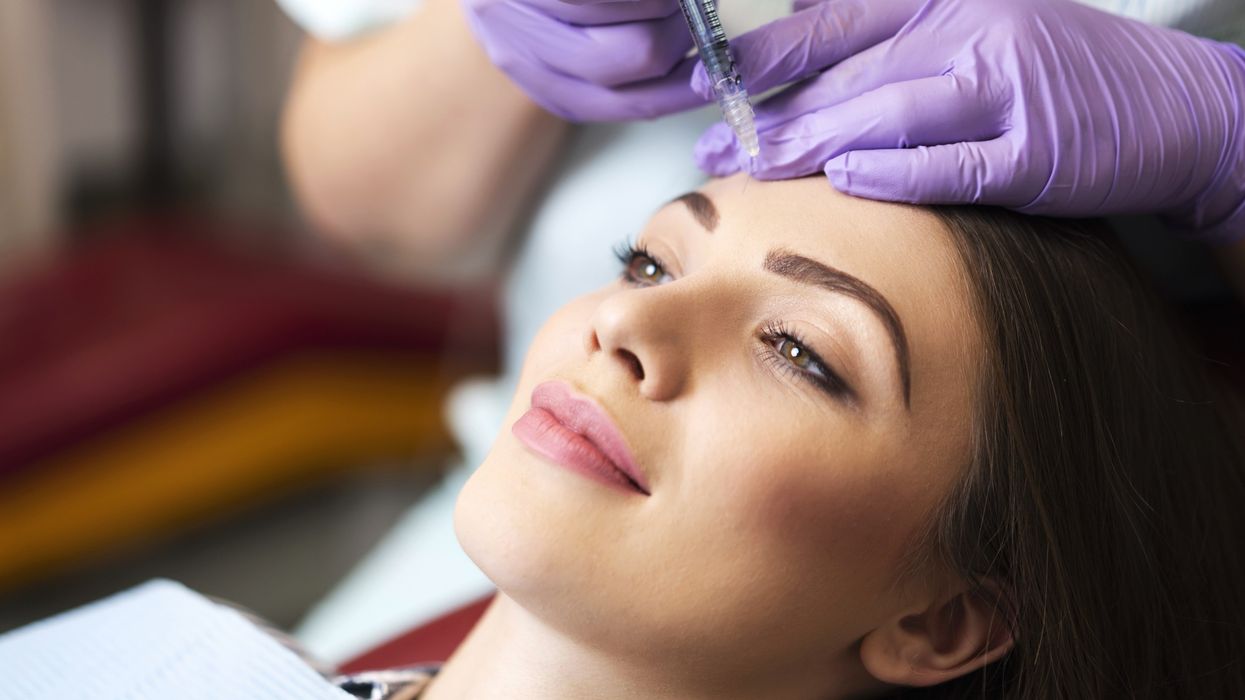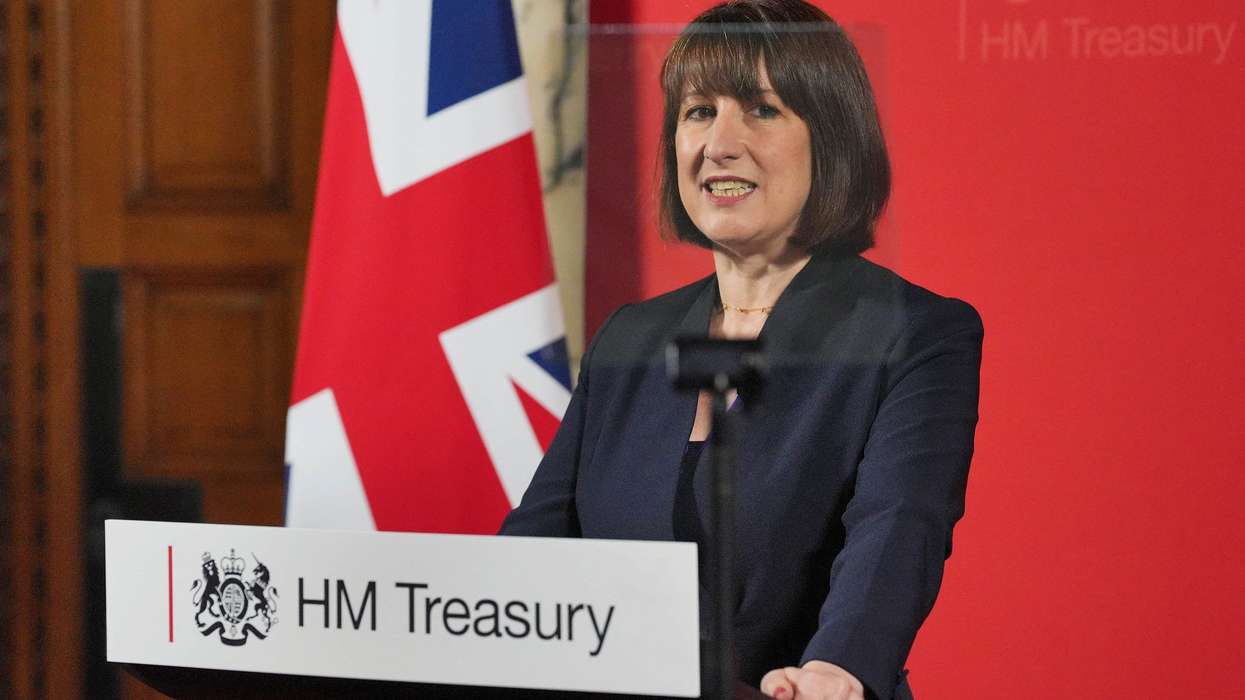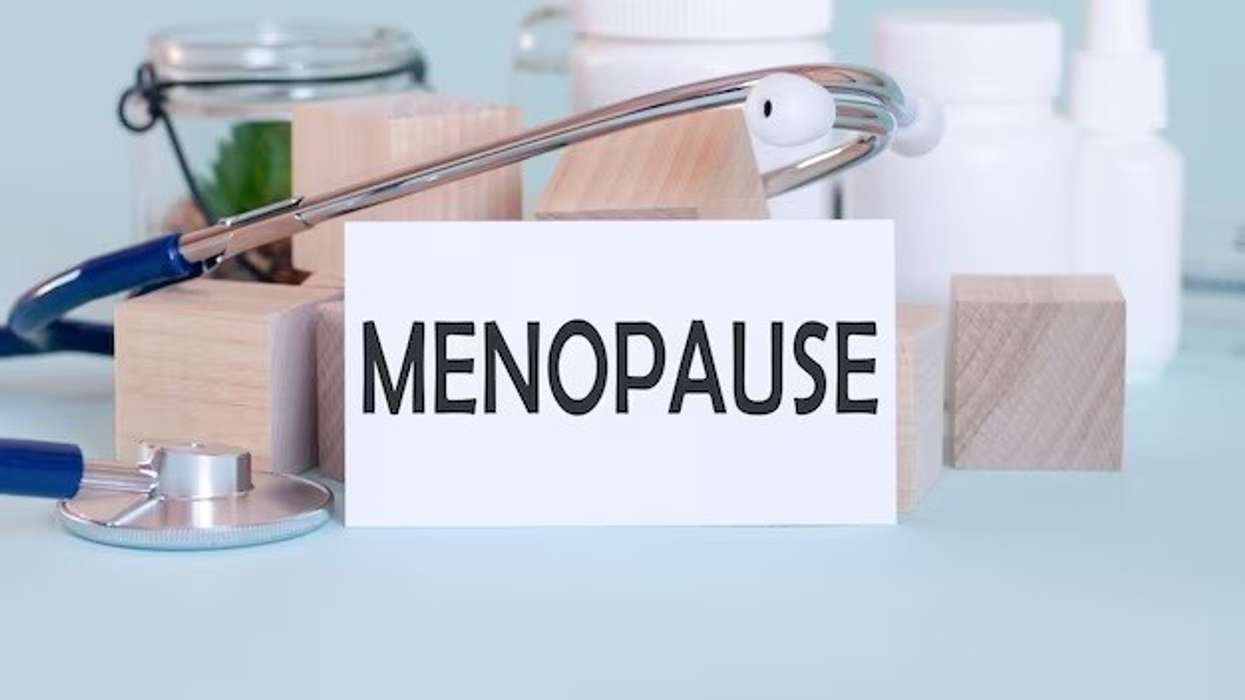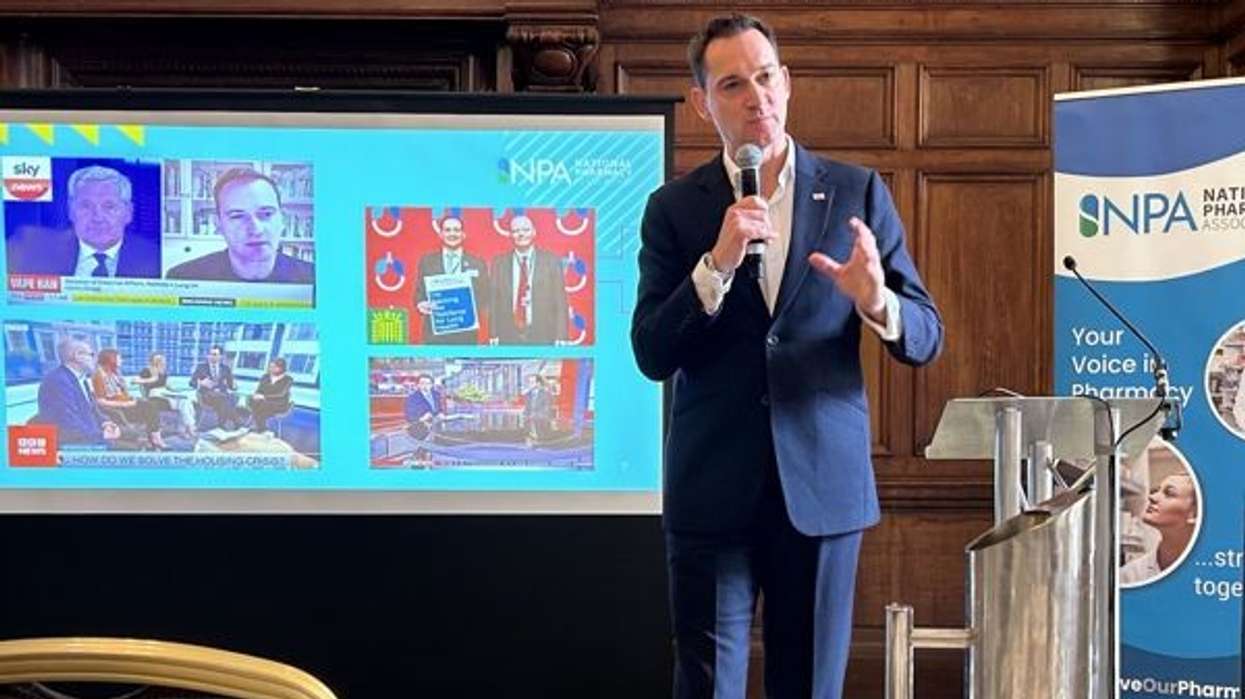Key Summary
- Only qualified professionals will be allowed to perform high-risk cosmetic procedures
- Low-risk cosmetic treatments will also come under stricter oversight
- The new regulations will be subject to public consultation and Parliamentary scrutiny before they are introduced
The government has decided to introduce tough measures against "cowboy cosmetic procedures" that have left many people maimed, injured, and in need of urgent NHS care.
Only qualified healthcare professionals will be allowed to perform the high-risk procedures like Brazilian butt lifts.
These must be done by specialised healthcare workers working in providers that are registered with the Care Quality Commission (CQC).
Low-risk cosmetic treatments, including Botox, lip fillers and facial dermal fillers, will also come under stricter oversight through a new local authority licencing system.
Practitioners will be required to meet rigorous safety, training, and insurance standards before they can legally operate.
The new regulations will be subject to public consultation and Parliamentary scrutiny before they are introduced.
The government will also work closely with stakeholders to develop further proposals for consultation on introducing the licencing regime for lower-risk procedures.
Practitioners who break the rules on the highest-risk procedures will be subject to CQC enforcement and financial penalties.
The government also plans to restrict under-18s from undergoing high-risk cosmetic procedures, unless authorised by a healthcare professional.
The planned crackdown follows a series of incidents where people have had high-risk treatments from people with little or no medical training, leading to dangerous complications and even death.
Many of these treatments were done in unsafe environments, including homes, hotels, and pop-up clinics.
These new rules will protect people from unqualified, rogue operators and reduce the cost to the NHS of fixing botched procedures.
Priority will be given to introducing regulations to restrict the highest-risk procedures first - such as fillers injected into breasts and genitals.
The government has urged those considering a cosmetic procedure to check their provider’s qualifications and insurance, and to avoid treatments that appear suspiciously cheap.
Many of these procedures are marketed as non-surgical but, in reality, are invasive and carry serious risks.
Health minister Karin Smyth, said, "The cosmetics industry has been plagued by a Wild West of dodgy practitioners and procedures. There are countless horror stories of cosmetic cowboys causing serious, catastrophic damage."
The minister clarified that while people are free to seek cosmetic treatment, the government wants to prevent them from getting exploited.
British Beauty Council chief executive officer Millie Kendall welcomed the government’s proposal to regulate the aesthetics sector.
"We will work closely with relevant government stakeholders to ensure these measures are implemented in a way that ensures the sustained and safe growth of our sector," she said.












